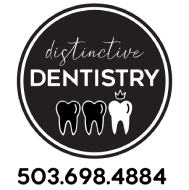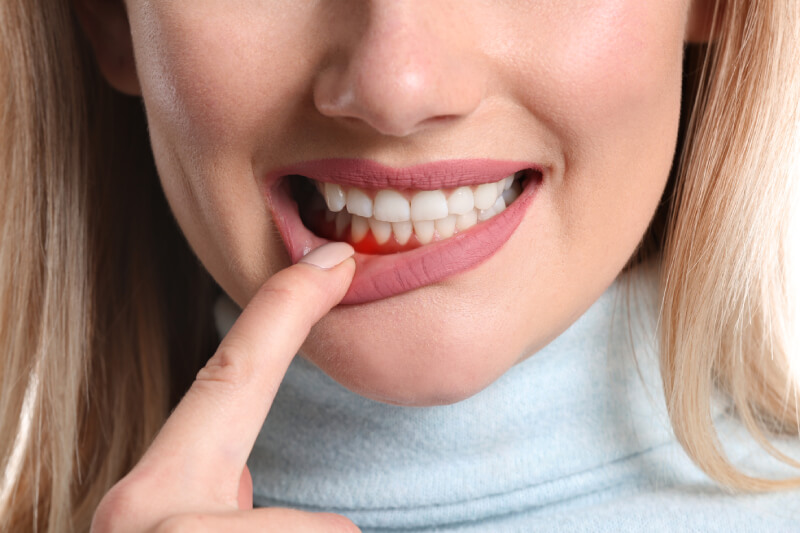After gum disease therapy, your periodontal (gum) disease is under control. But, while we may have stopped the destruction, the war with bacteria continues to rage. To keep an infection from recurring, we’ll have to remain vigilant. Gum disease begins and thrives on a thin film of bacteria, and food particles on tooth surfaces called plaque. The infection usually starts as gingivitis, which causes the gums to become red and swollen (inflamed). Untreated gum disease can develop into periodontitis, a more advanced form that progresses deeper into the gum tissues resulting in bone loss.
To treat periodontitis, we must remove all the plaque and calculus (hardened plaque deposits) no matter how deeply they’ve penetrated below the gum line. The deeper plaque and calculus extend in the gums, the more likely surgery may be necessary. It’s better to catch the disease in its earliest stages when plaque can be removed with hand instruments and ultrasonic equipment. The appropriate treatment technique can effectively stop and even reverse the effects of gum disease, but it won’t change your susceptibility. Constant vigilance is the best way to reduce your risk of another episode significantly.
Our prevention goal is the same as in treatment: remove plaque. It begins with learning and applying effective brushing and flossing techniques and being consistent with these habits every day. As your dental hygienist, we play a role too: we may need to see you as often as every quarter to perform meticulous cleaning above and below the gum line. Your dentist may also perform procedures on your gums to make maintaining them and your teeth easier, including correcting root surface irregularities that accumulate plaque. Our goal is to reduce the chances of another infection as much as possible. “Fighting the good fight” calls for attention, diligence, and effort — but the reward is continuing good health for your teeth and gums.


